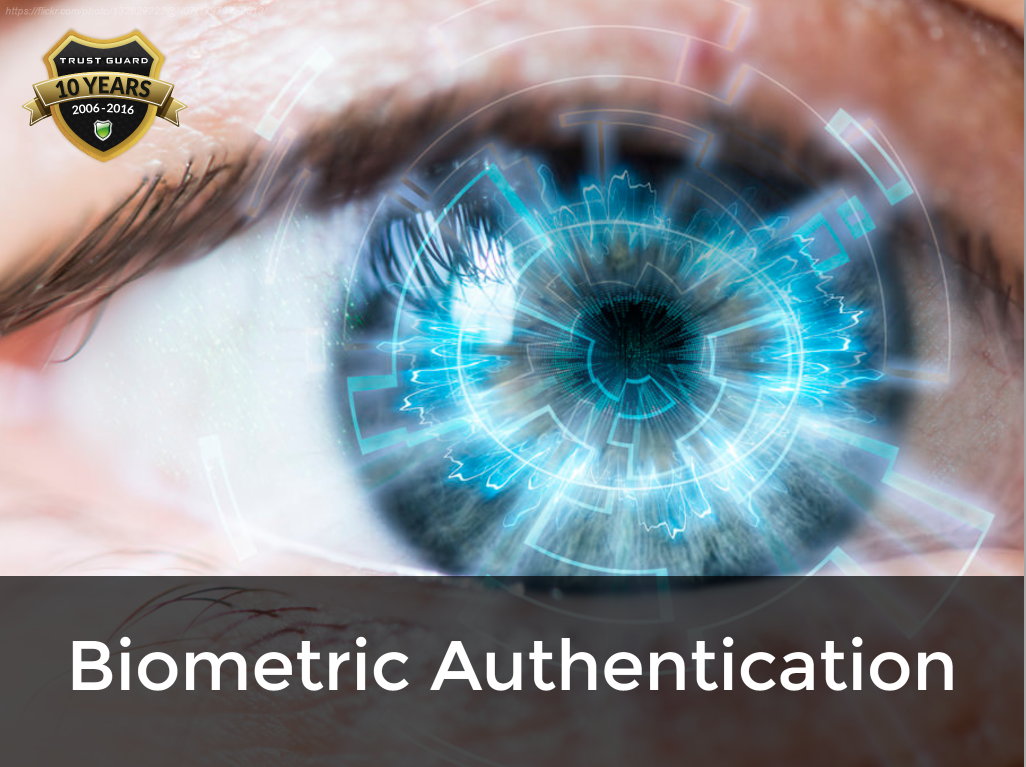Ensuring a Secure Online Future
The 2016 shopping season is coming to a close and there are three reasons why people didn’t spend as much money this year on Cyber Monday.
1. They had already spent a collective 7 billion dollars more than they were expected to spend on Black Friday.
2. Online deals weren’t as good as they used to be. (Dell had great deals, but must have only had 5 in stock cause they were out when I tried first thing Monday morning.
3. The ever-present concern about internet security.
There isn’t much we can do about the first two situations. But how are e-commerce companies going to help online consumers feel more at peace about making online purchases?
- Biometric Authentication
Based on a report from Computop, online consumers want better ways than usernames and passwords to protect their personally identifiable information. Report respondents were asked which biometric features they’d use for authentication. Fingerprints were the top choice (35%), followed by retinal scans (12%), voice recognition (7%), and selfie photo (2%).
But 41% of consumers are concerned about how biometric data is secured and don’t want anything to do with it. Andre Malinowski, head of international business at Computop agrees, “This data must be stored safely, otherwise it will open up new areas of identification theft,” he added.
- Learning the truth about SSLs and website security vulnerabilities.
Malinowski was pleased to see that 71% of consumers are looking for SSL certificates. But he understands that more education is needed to combat fraud. “We have to continue finding ways to making online shopping safer,” he said.
Most people don’t understand that a site the has an SSL certificate could still be crawling with malware, trojans, and viruses brought by hackers. He understands that SSL certificates are only active during credit card transactions and that simple mess ups like hosting old software could leave a site “protected” with an SSL open, available, and vulnerable to hackers.
That’s why the Payment Card Industry (PCI) doesn’t just require an SSL certificate for companies to be compliant. They also must carry out periodic security scans. Trust Guard currently scans for more than 75,500 vulnerabilities every day on sites that utilize their services. When an issue is found, website owners are given a report to fix the issue before a hacker can gain access.
This basic lack of online security is one of the reasons that although almost three in four consumers are checking for SSL certificates, one in three consumers experiences online credit card fraud. For more information, or for a free security scan of your website, contact Trust Guard today!




